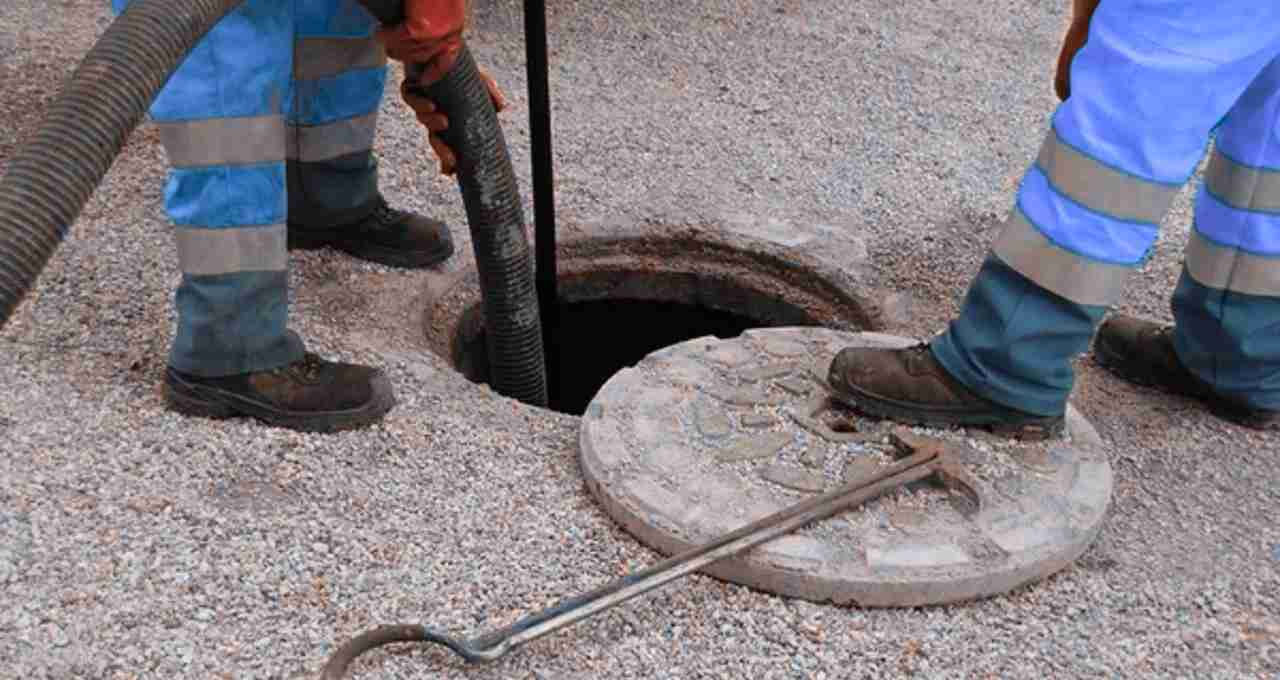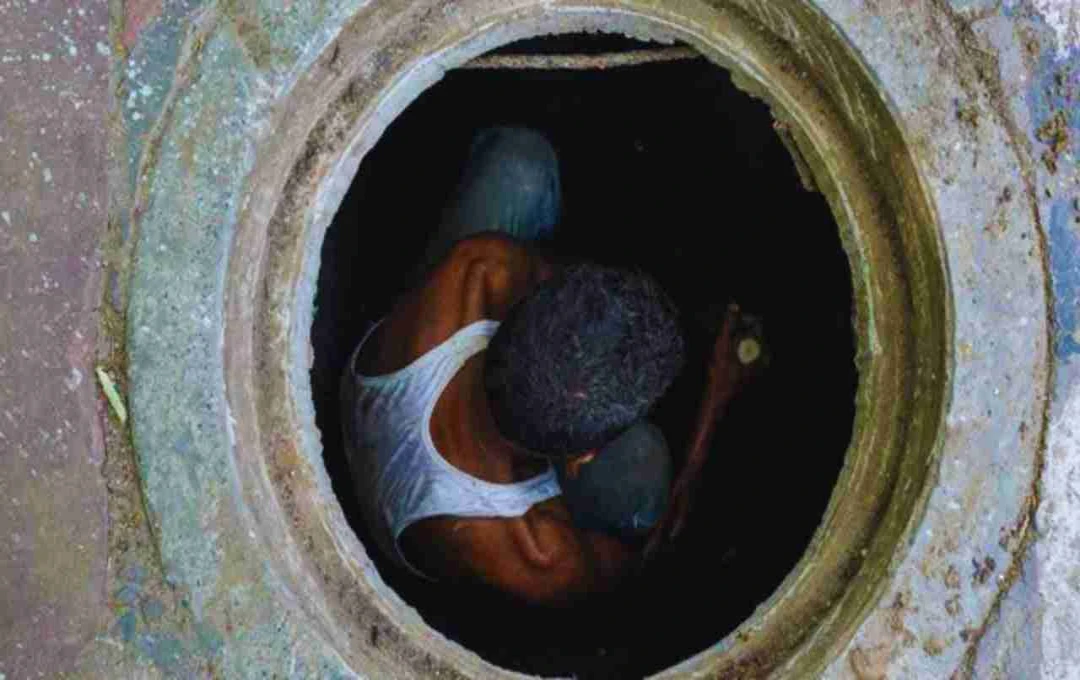Workers are continuously dying during sewer cleaning in Delhi. Last Tuesday, a 40-year-old worker fell unconscious due to toxic gas in Ashok Vihar, a colleague died, and a third is hospitalized. Lack of safety equipment is the main reason.
New Delhi: Incidents of deaths during manual scavenging or sewer tank cleaning are still common in India. Last Tuesday night, a 40-year-old worker in Ashok Vihar, Delhi, fell unconscious after being exposed to toxic gas. His colleague lost his life trying to save him, while a third worker is in serious condition in the hospital. This incident is not just a one-day news story, but highlights the long-standing problem of this deadly work in India.
News of Deaths and the Pain of Families
News of deaths during sewer cleaning appears in newspapers, but the pain of the deceased's families often goes unnoticed. Three years ago, Yashdev died in Kondli, East Delhi. He had been married for only three months, and his family still hopes for justice.
Yashdev's wife is in a coma due to a stroke, while his father's surgery expenses have further worsened the family's situation. His brother, Satte, states, “After the news was published, no one helped us. We received 50,000 rupees, but after that, no one took responsibility.” This story is not just about Yashdev, but also about the thousands of workers whose deaths are often overlooked.
Increased Risk Due to Lack of Safety Equipment
28-year-old Sonu from Kasganj, UP, also came into contact with toxic gas during sewer cleaning. He mentioned that workers are provided with equipment like safety belts, oxygen cylinders, and masks, but sometimes the urgency of work and negligence increase the risks.
Sonu recounts that on Tuesday, he had to work without safety equipment. When the rope kept slipping and he began to lose consciousness, it became difficult to pull him out. If safety equipment had been available, perhaps his colleague Arvind's life could have been saved.
Severe Impact on Workers' Health and Families

The dangers of sewer cleaning are not limited to death alone. Exposure to toxic gases leads to severe health problems for workers. Sonu will now be unable to work for at least four months. His young children and family are currently entirely dependent on him.
Ramsare's wife, Bobby, also shared how difficult life became after her husband's death. She is raising two children by working in homes. She questions, “Are we poor, which is why he was sent to do this work?” This question is posed by millions of poor labor families who are forced into risky jobs.
Danger to Workers Despite the Law
Manual scavenging has been illegal in India since 1993, and further stringent measures were introduced in 2013. Despite this, workers are sent into sewers without safety equipment and exposed to toxic gases.
According to data from the National Commission, 1,268 deaths occurred between 2017 and 2022. Media reports indicate that 116 deaths have been caused by sewer cleaning since 1993. Figures from the International Labor Organization suggest that approximately 1.2 million people are still involved in this deadly work.












